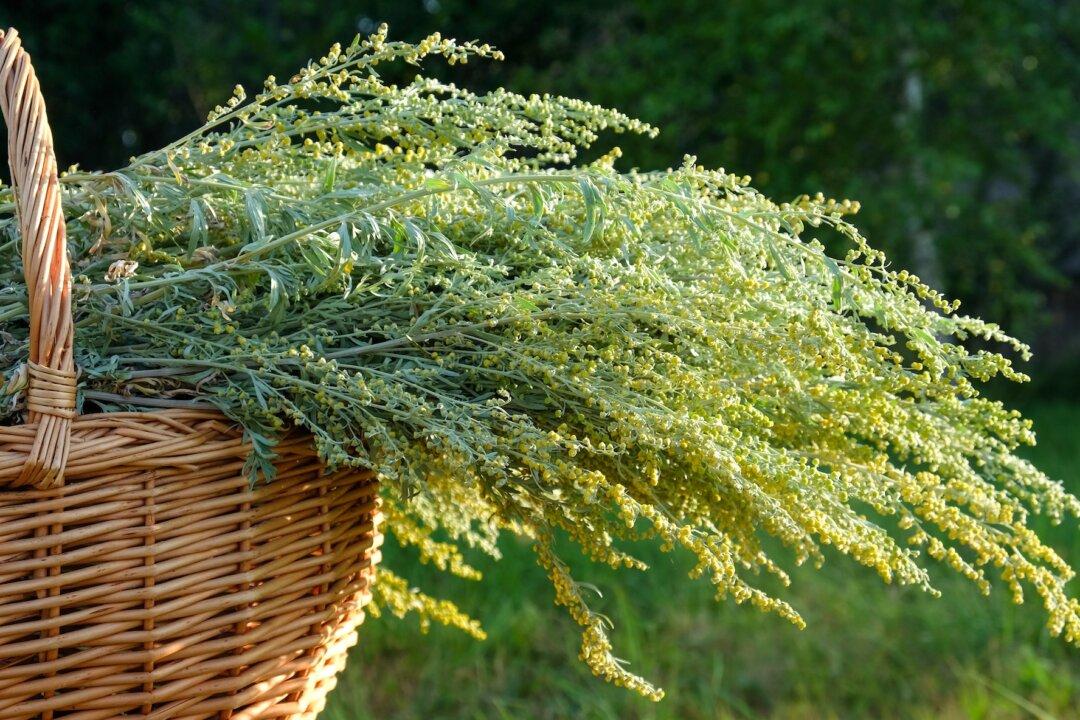U.S. adults surveyed in Dec. 2014 said “taking vitamins” was in their top five wellness habit plans for 2015. Supplement manufacturers are happy to hear this as their growth now encompass herbs, vitamins, minerals, weight loss products and whole food supplements. The vitamin and wellness industry is now one of the fastest growing in the world. Estimates say in the U.S. 150 million people take dietary supplements.
However, not all supplements are created equal!
Some supplements contain such small amounts of active ingredients they should be called placebo’s. Others contain nutrients that are difficult for our bodies to digest. There are supplements that contain GMO’s, titanium dioxide, artificial colors and other benign sounding ingredients including “magnesium stearate”.
Some of them are made using bio-unavailable nutrients that are difficult for our bodies to digest.
Others do contain legitimate nutrients, but in doses so minuscule that they might as well be water pills. Then there are the supplements, often manufactured by pharmacutical companies that contain the real nasties such as GMOs, artificial colors, irradiated materials, titanium dioxide and a comparatively benign-sounding ingredient called “magnesium stearate.”





